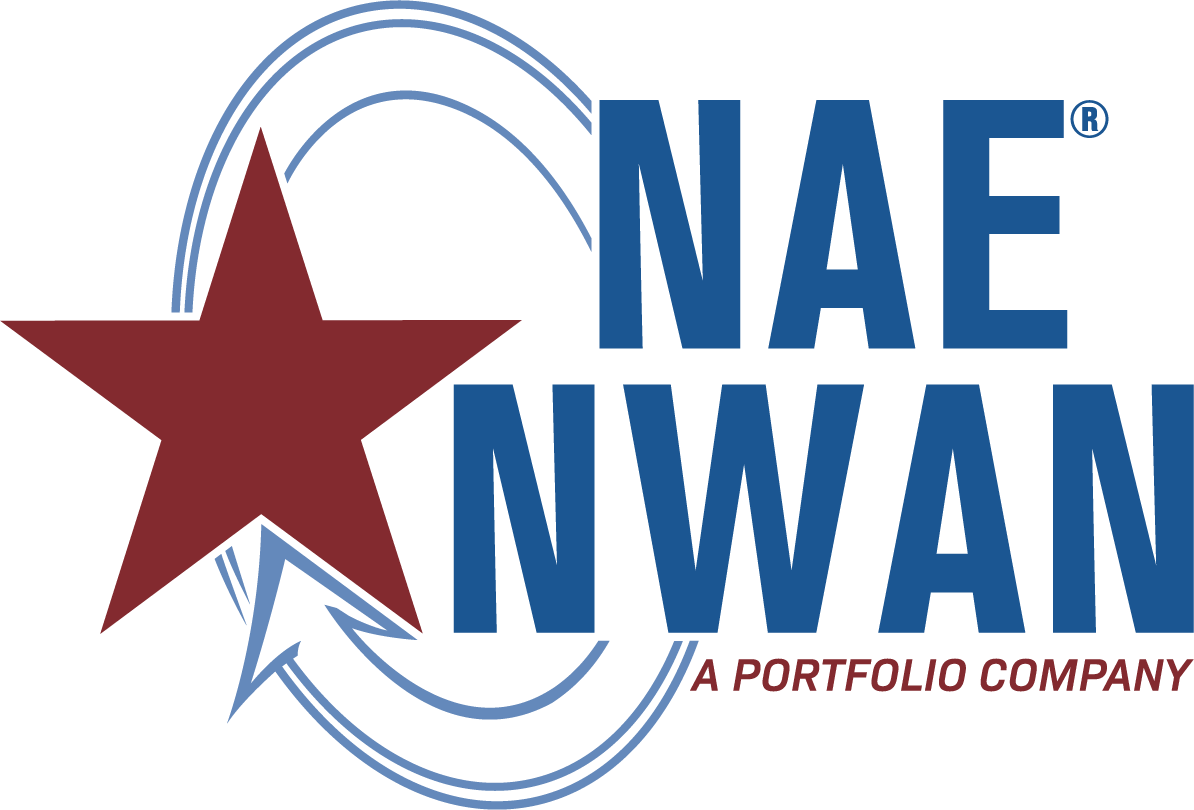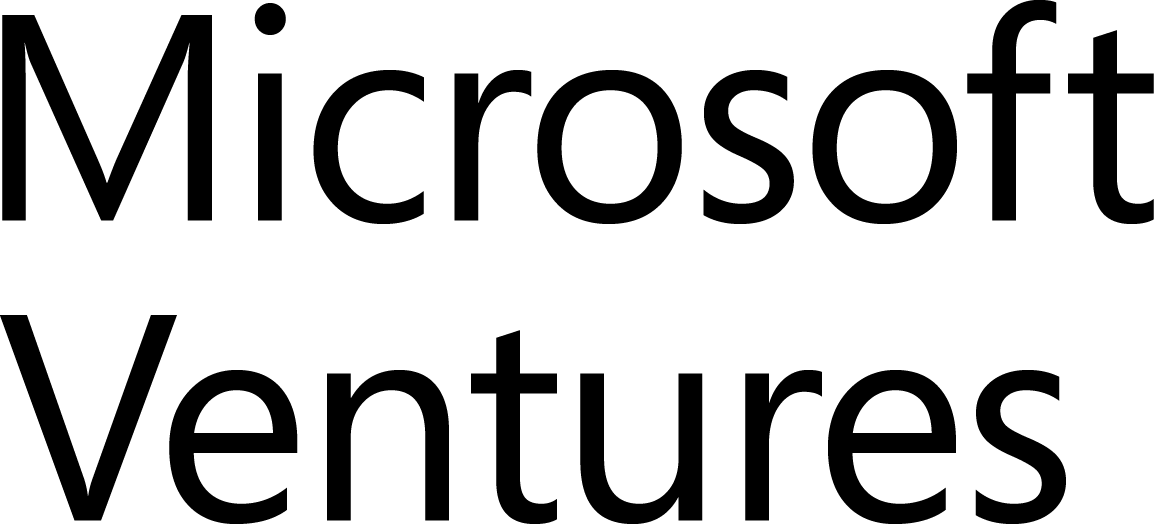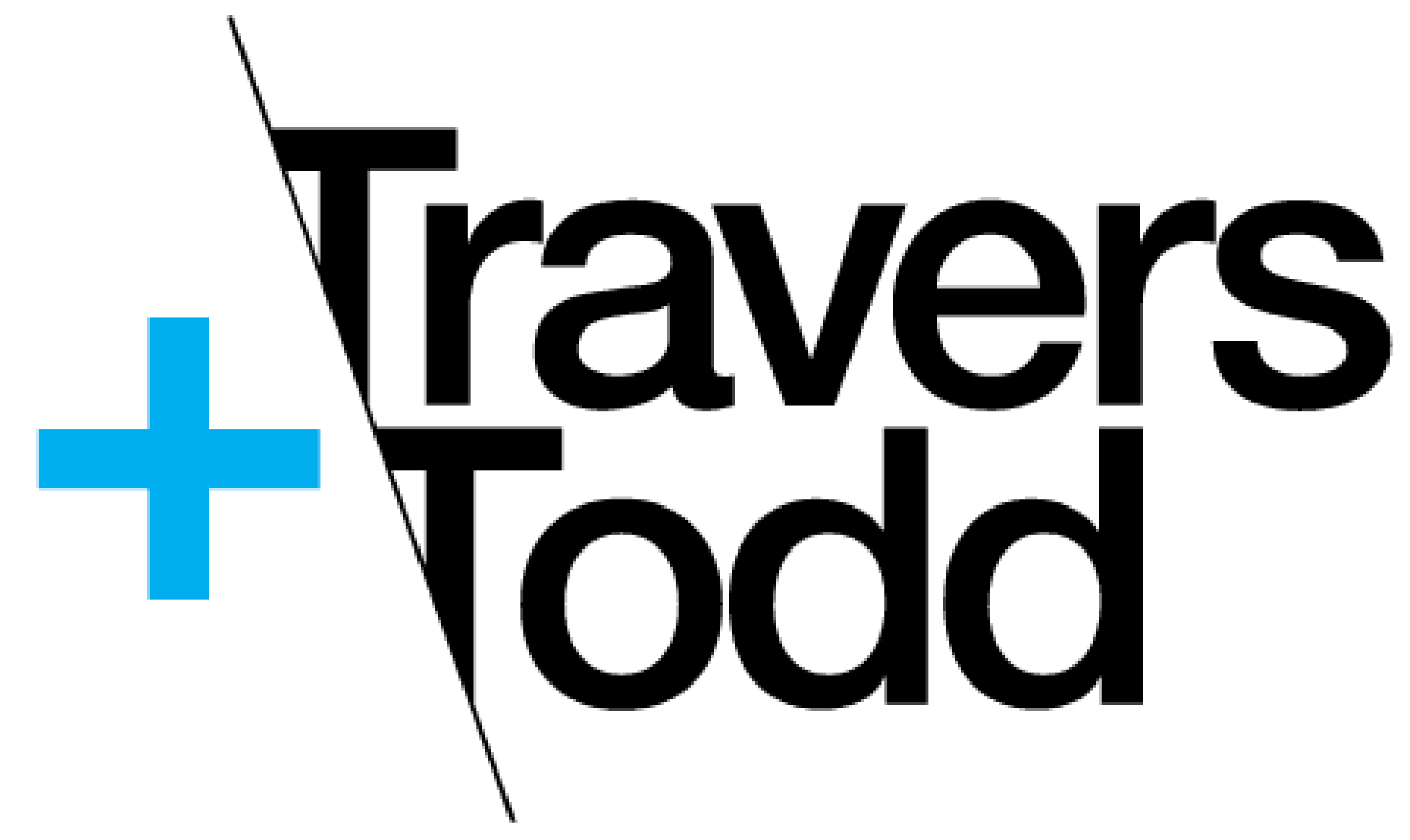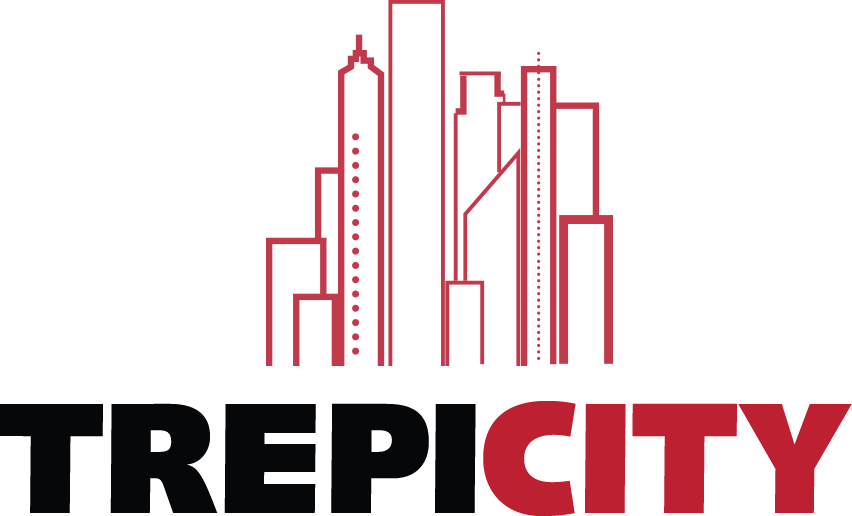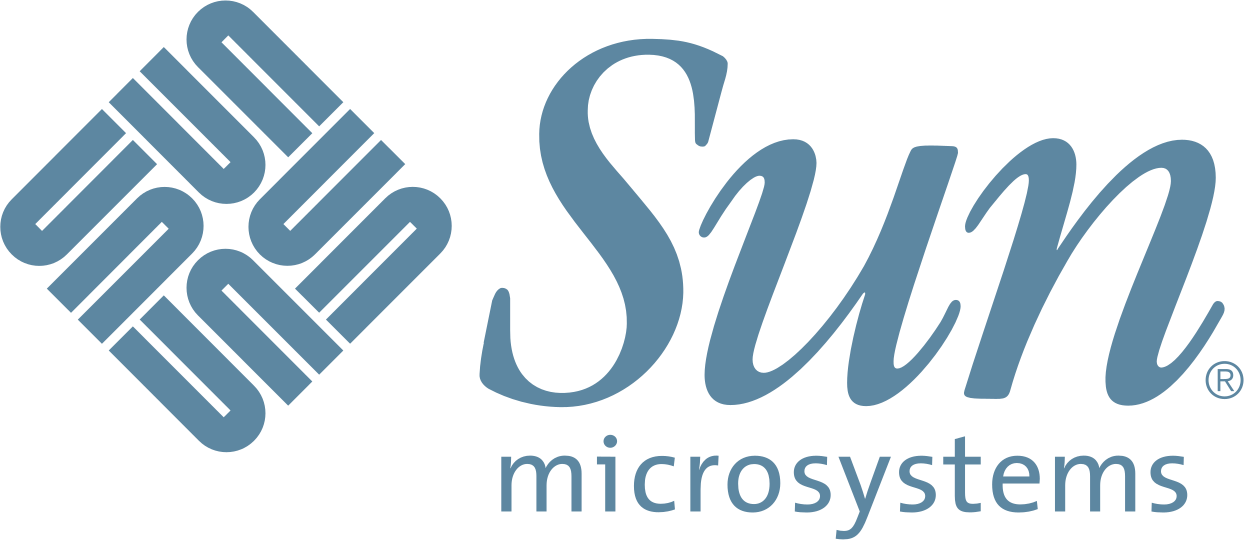In India early in the launch of our development center in the Delhi area, we hired a young man fresh out of college — a “fresher” as they call them here. Back in those days, I directly approved all hires once they passed various interviews and tests. The young man who walked into my office had all of the markers of a top-performer — or “topper”, as they call them here in India. He sat up straight, wore the right clothes, had a typical professional haircut, the right demeanor, and answered all of my questions confidently. At that point, I knew he had the basic skills to bring on as a junior, so I just wanted to evaluate him as a young man. I liked him, and signed off.
Well, he fooled me. The recent graduate who walked into my office with smart glasses and notepad, transformed into the “bad boy” within a week of his hiring. Out with the sound of keyboard keys clacking, in with the rock-star electric guitar solo has he arrived at the office like some sort of 50s greaser. The dress shirt lost a button exposing his chest inappropriately for an Indian office environment. The hair was no longer parted down the middle and pressed to the sides of his head, and instead was shaped into the highest cuckoo crest I ever saw. And just like that, the shy, studious, reserved graduate I hired transformed into the ladies man of Prospus.
Our management referred to him as “Butterfly” in reference to his metamorphosis.
I have worked extensively in both American and Indian office and remote work environments. While the challenges are unique to each culture, it is equally important in both scenarios to build teams of individuals who are not only talented and committed, but who “fit” with the culture we are trying to create. Our team in India was not really a suitable place for his kind of behavior. Though India is changing as co-ed workplaces are common among the professional class, it was — and still is — a very conservative culture. While Butterfly’s casual jokes and advances were welcome to some of the young women from the city, they made many others from more rural, conservative backgrounds uncomfortable.
The same happens in America, albeit differently. For example, we steer clear of hiring anyone who wears their politics on their sleeve. We just do not care about who you voted for or what social causes you believe in. All we care about in our American workforce is your ability to deliver high-quality work within a team environment. Politics, like religion, is not a great way to build cohesive teams, especially in the modern era of intense ideological divides within our society. Consequently, we absolutely will not hire activists, no matter their political persuasion. That means, yes, we check social media profiles. And on many occasions, we have cancelled planned interviews because of inflammatory postings we discovered. To date we have never had any issues within our staff, but I am certain that is because we filtered out the ideologues.
In India, politics does not seem to be a major issue in workplace cohesion. Instead, we look for a particular attitudes and behaviors. One, that I can only describe generically as “arrogance”, does not translate perfectly to a personality type in America. While these individuals are often high-performers, they can be expected to have a net negative impact on team morale and discipline when they grow dissatisfied and leave the job. I have hired many such types in India, and I can confidently state that, while their talents were impressive, most of the value they added was negated when they found a higher-paying job. Even though our reviews are annual, they always demanded raises once they became important assets within a project. If we did not pay, they would leave. And almost all of them did, because we would never, on principle, cave into such demands. Whenever one of these types left, a few performers always followed.
But in the era of remote work, how do we identify these types of people before they dig into our workforce? The first chance is obviously during the recruitment process. Our hiring staff on both sides of the ocean are aware of what to look for. But what happens when one makes it through, and into the remote workplace connected only by chat and video calls?
Recently we recruited a part-time DevOps engineers to help us with an internal process optimization effort. As a contractor, our admin team followed all the procedures in hiring. When it came time to integrate him into the team, he was introduced to me over chat, as I was heading this particular effort. As the owner, I am of course managing multiple products and teams at all times, so everyone gives me time to respond on chat. But not this gentleman. Instead of waiting 20 minutes for a reply to one of his questions, he impatiently typed “???” into chat. I saw a notification come up and thought it must have been a personal message, because none of my staff would send such a casual message to me. But it was not personal; it was a new hire who had just been introduced to me.
This engineer did good work. He was talented, articulate, and able to find the solutions we needed. I forgave the breach of etiquette, and carried on in good nature. But when it came time to review his delivery a week later, he did a few more things that sealed his fate at Prospus. He sent his first invoice around noon to our accounts department, which I am always cc’d on. We had not signed off on his work, so I thought it premature to pay. He mentioned twice in his email that we needed to pay immediately, so I asked my liaison what the impatience was about. He could not say. Either way, his contractor was again showing me his impatience. But when I received a follow-up ping for payment within five hours of the first, that was it. I knew enough about this guy to know that he would not fit into our remote workforce.
We can provide skill training, but it is difficult if not impossible to train etiquette and respect for the short time they work with us. While we cannot physically interact with our workers in a remote work environment, we must be vigilant in looking for signs of unwanted character flaws in the ways that we can: the way they chat, the structure of their emails, and the persistence of their demands. When we are attuned to the ways that anti-professional behaviors percolate into remote work environments, we can spot them and then take the necessary action before unwanted behavior has time to root and fester.







